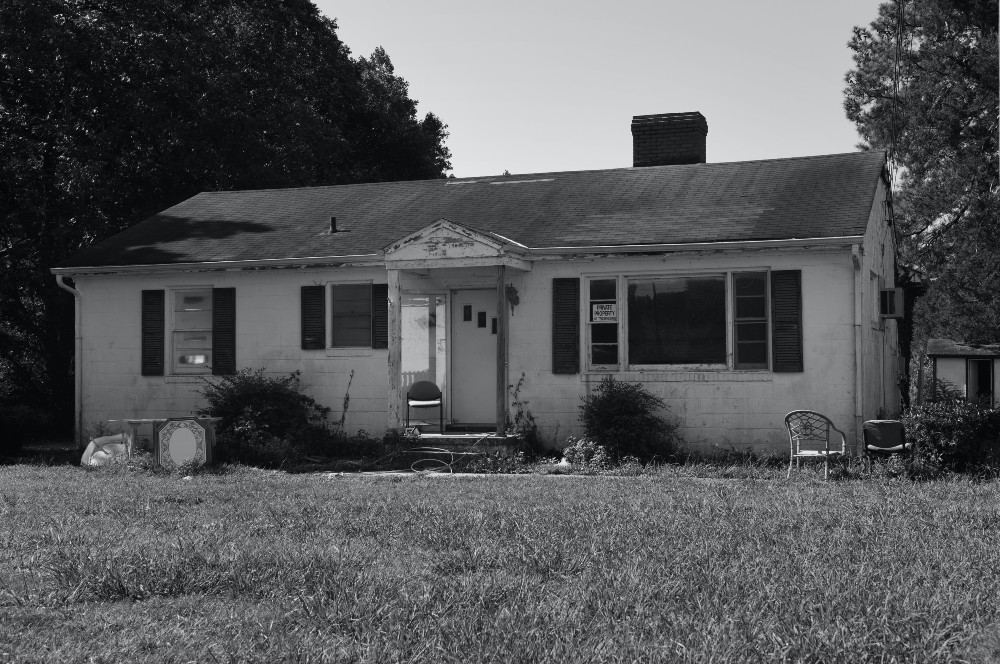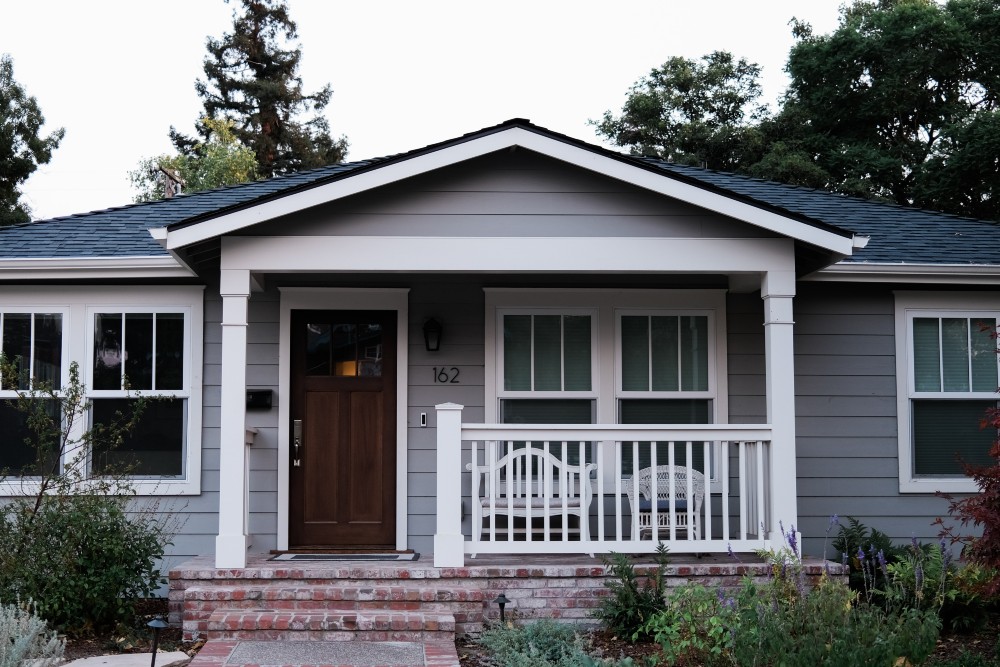Distressed properties are a hot spot for real estate investors wanting to fix and flip a property. However, it’s worth remembering that these deals can be more costly than you had planned if major repairs are needed. There are a variety of avenues to find distressed properties, from the MLS to real estate websites, and more.
Key Points
Fix and flip real estate investors are always on the lookout for good deals to renovate and one way to find these is by looking at distressed properties. Even for those who aren’t real estate investors, distressed properties are an easy route to go, to find better deals on homes than say ones which are listed and have many buyers interested in them and willing to pay top dollar.
We’ll take you through the steps of how to find distressed properties, the different types of distressed properties, as well as the pros of cons of buying a distressed property, to help you make more informed real estate investing or buying decisions.
What is a distressed property?

Let’s start at the beginning. The term ‘distressed property’ refers to a property that an owner has been unable to pay the mortgage or taxes on, so the property is about to be foreclosed (pre-foreclosure), or it already belongs to a bank, mortgage lender or government agency.
In other words, distressed properties are houses that are being sold by motivated sellers. Motivated sellers are sellers who need to get rid of their property urgently and aren’t necessarily interested in getting the highest price for it, unlike other sellers. This makes distressed properties attractive for those wanting a good deal, or for property investors looking to fix and flip.
Type of distressed properties
Foreclosures: When a homeowner can no longer pay their mortgage, their home will go into what is known as foreclosure. This means that the bank or lender will foreclose on the home and repossess it. Foreclosed homes are often sold at auctions or a foreclosure sale, so that the bank or lender can make their money back as soon as possible.
REO properties: These are Real Estate Owned or bank owned properties that didn’t sell at a foreclosure auction. Which means that the lender will want to sell the property quickly, to avoid having to maintain or repair it.
Short sales: A short sale can happen when a foreclosure is imminent because a homeowner can no longer pay their mortgage, and they owe more on their mortgage than their home is worth. A short sale would happen when the homeowner sells the home before it is foreclosed, in an effort to recoup some of their losses and avoid foreclosure.
Fixer-upper: These are homes in foreclosure that are in need of major repairs or renovations. They can often be unattractive options to buyers, so this creates an opportunity for investors who can fix them up and sell them again.
Pros and cons of buying a distressed property
Buying a distressed property can be a good option for some but, as with most things, there are drawbacks to consider as well. So, it’s important to know all the advantages and disadvantages to this property purchase route before you head down it.

PROS:
- You can find homes for sale at a much lower price than the market value.
- If the home is owned by a bank, you could get lower mortgage rates as the bank will want to get the property off their hands as soon as they can.
- If you’re paying less on a mortgage, you’ll also be paying less interest. So, if you’re fixing and flipping the property, you’ll have less interest to pay while you’re renovating it.
- Investors have the potential to earn high profits from buying distressed properties because the return-on-investment potential is high when you’re buying below market value and selling again.
- This option opens up the door for buyers or investors to buy property in neighborhoods that they wouldn’t have been able to afford otherwise.
CONS:
- The property may need major repairs or renovations to make it sellable again, and this can be an expensive exercise.
- You may face stiff competition from other investors who will be looking at these properties as well, and they could outbid you for a property that you wanted.
- The property is sold as is, so buyers run the risk of getting a home that needs a lot more work than they had anticipated.
- Distressed property sales can take 6-12 months, which is much longer than a regular sale and the process can be more complicated.
- You may need large amount of funds up-front and a lot of it in cash, to seal the deal.
How to find distressed properties
There are a variety of ways to find distressed properties to buy, and there may be more of these types of properties available in your area than you’d think. Here are a few of the most popular ways to find distressed properties that are available to purchase.

- Drive-by: A good old drive-by is one of the easiest (and cheapest) ways to find a distressed property. Simply take to the streets of the area you’re interested in and see if you can find any properties. Up-and-coming neighborhoods are usually a good choice because there will be a higher demand for homes and the home values are likely to be higher.
- MLS: The Multiple Listing Service is a useful resource for many things, with distressed properties being one of them. Real estate agents can do a deeper dive into the MLS, so you could consult an agent for this.
- Auctions: Many foreclosed properties that are bank-owned or REO will be sold at auctions. You can find auctions online, in your local newspaper or on real estate websites. This is one of the easiest ways to get access to a variety of distressed properties.
- Attorneys: Local law firms that specialize in the foreclosure, probate or family law areas can have insight into properties in the area that will be foreclosed soon.
- Banks and lenders: You can check the websites of both banks and lenders, they usually have a section for properties which are available, and these will often be distressed properties.
- Court records: Head down to your local county office and take a look at the public records. These will show you which homeowners have been issued foreclosure notices and give you an idea of which properties would be available. Delinquent mortgages and taxes are another way to describe what you’re looking for in these records.
- Government agencies: You can check with government agencies like the IRS, for properties that they now own and are selling off due to taxes or mortgages being in arrears.
Distressed property websites
There are many websites where you can find distressed properties as well, without having to do too much digging. Here are a few: Equator.com, HomePath.com, HomeSteps.com, Wells Fargo REO Properties, and RealtyTrac. These are just a handful of the popular sites where you can find homes in foreclosure, short sales and more. Bear in mind, some of these require payment for access to the homeowner’s details and the foreclosure address.
How to decide if it’s a good deal

Once you’ve found a distressed property that you are interested in, you’ll need to decide if it’s a good deal or not. Remember, just because it’s a distressed property, this doesn’t automatically mean that it’s a good deal. Here are a few tips:
- Review the features of the property and get to know the property well before you begin looking at the foreclosure details.
- Run a title report on the property to see if there are any liens against it. This can be a problem for you if you buy the property so it’s advisable to find out ahead of time.
- Do a quick analysis of similar properties in the area to figure out what the market value of the property could be. You can also check the price that the home was previously sold at. This way, you’ll know if your offer is likely to be well received or not.
Closing thoughts
If you’re going to go buy a distressed property, it’s a good idea to make a cash offer or take a proof of funds letter with you, as well as have a higher down payment ready to secure the deal. Competition is stiff for these properties, so these tips should get you ahead of the game. If you’re going to be buying the property to fix and flip, make sure that you factor in the renovation costs and any other expenses you may have along the way, before making an offer.



